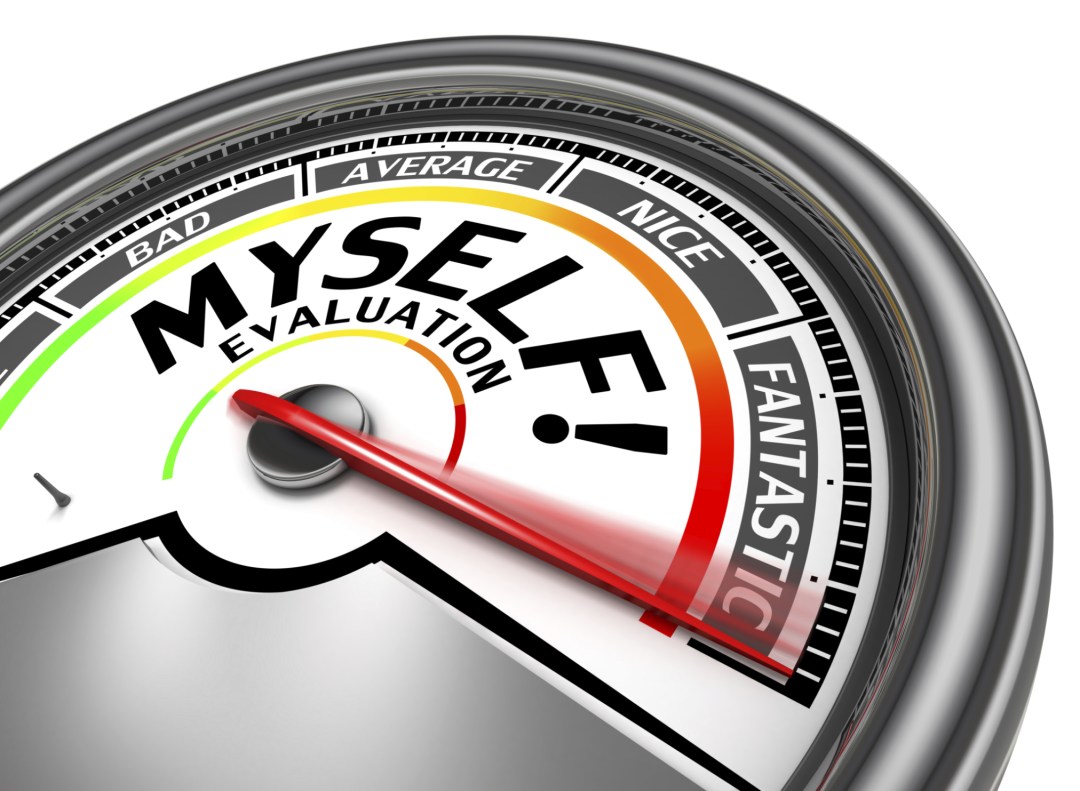How to encourage authentic self-esteem in children
Dr Ilona Boniwell offers surprising advice on raising your child’s self-image based on the most cutting-edge research

I’ve suffered from low self-esteem all my life, and feel it’s held me back in so many ways. I’ve just recently got married at the age of 41 and am now pregnant with my first child. I am determined that I will do everything I can to boost my child’s self-esteem and I really want to support my child emotionally, not just physically. Any advice? Name supplied
Speaking as a psychologist and mother of five, I can’t seem to escape the burden of feeling very responsible for my own kids’ psychological wellbeing. I think I’ve cracked it as at least three out of our four teenagers (and the fourth is getting there) are demonstrating ‘authentic’ self-esteem – the official definition is ‘accepting yourself with an accurate appreciation of your strengths and worth and feeling that you are capable to cope with the basic life challenges.’ Of course self-esteem is a good thing to have. Yet there are a few things about it that may appear counter-intuitive. One is that we, as parents, should not try raising it directly.
The history of the self-esteem movement is a classic story of a great intention going off track. It was derived from the core principles of humanistic psychology that in the 1970s began to have an impact in schools and on parents’ child-rearing methods. ‘Low self-esteem’ was widely regarded as an explanation for many social ‘ills’ so multiple programmes were put in place (in the US and, to a lesser extent, the UK) to help children gain a sense of achievement in a relatively non-competitive, failure-free learning environment and engage in self-expression. Teachers and parents encouraged them to see themselves as special and unique.
What happened? Well, not what was expected… Increased focus on feeling good about oneself, often at the expense of doing well, overcoming frustration or boredom, or being able to meet a challenge seemed to result in increased anxiety among young people since the 1970s, increased depression, and a rise in bullying among children with high self-esteem. It is actually the kids with high (but unstable – artificially blown up) self-esteem who tend to be particularly anger and aggression-prone. They appear confident or secure, but in reality are highly sensitive to feedback. To protect their ego, they get angry and deny the legitimacy of any criticism. Various reviews of self-esteem literature have found no evidence that developing young people’s self-esteem makes much difference to their academic achievement, mental health or societal problems. Despite this, the movement continued for many years and is only now beginning to fade.
If my kids are not allowed to fail or be disappointed with themselves, and if they receive less-than-genuine praise, they are deprived of opportunities to develop frustration tolerance and persistence, and are less motivated to work harder. If they believe they are unique individuals entitled to happiness, they will find it more difficult to perceive themselves as a part of something larger than them. They will be less likely to put things in perspective and more likely to consider their lives the only thing that matters. So the setbacks and disappointments that are a normal part of existence might become too much for them, one day. I repeat – stable, authentic self-esteem is wonderful. People who have it are much happier than those who don’t. But this is usually a consequence, rather than a cause, of high competence or good performance. Our attempts to increase self-esteem must first focus on increasing the competence of kids, then by acknowledging their worth as human beings. And research shows children who feel more accepted by their parents have higher levels of self-esteem.
I do a lot to help our teens to develop their self-esteem. I put them into Scouts and got used to not hearing from them for three weeks last summer while they were climbing old volcanoes in the middle of France (mobile phones were not allowed). I don’t give them pocket money, but do offer them good opportunities to earn it. I support them in challenges they take upon themselves, be it daily body-building or maths homework. I refuse to drive my oldest son (aged 16) eight miles to see his girlfriend, although there is no public transport between the two villages. You should have seen his pride the first time he made the round trip by bike. The best you can do for your children is to love them, and to help them raise their competence in the various domains of life. Giving them the physical competences is actually likely to transfer to the psychological ones, through the pride they will take in their achievements.
More inspiration:
- Read The Optimistic Child by Martin Seligman (Harper Perennial, £14.95).
- Read Self-esteen versus self-belief on Life Labs
- Watch Ilona’s TEDx talk Educating for Happiness and Resilience
- Visit positran.co.uk









